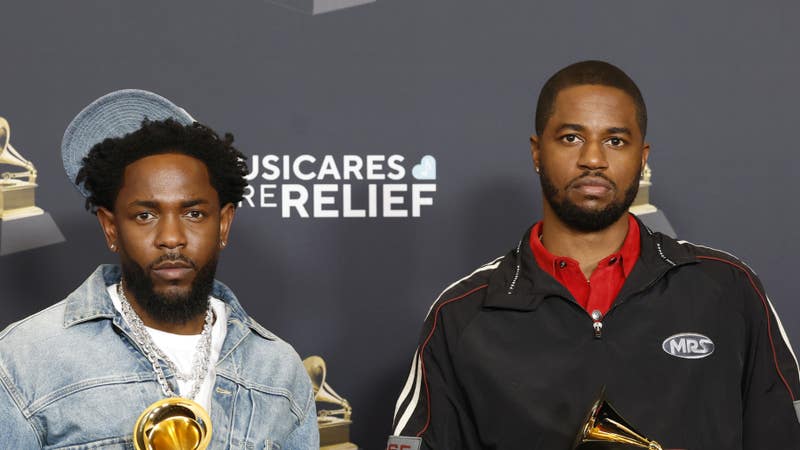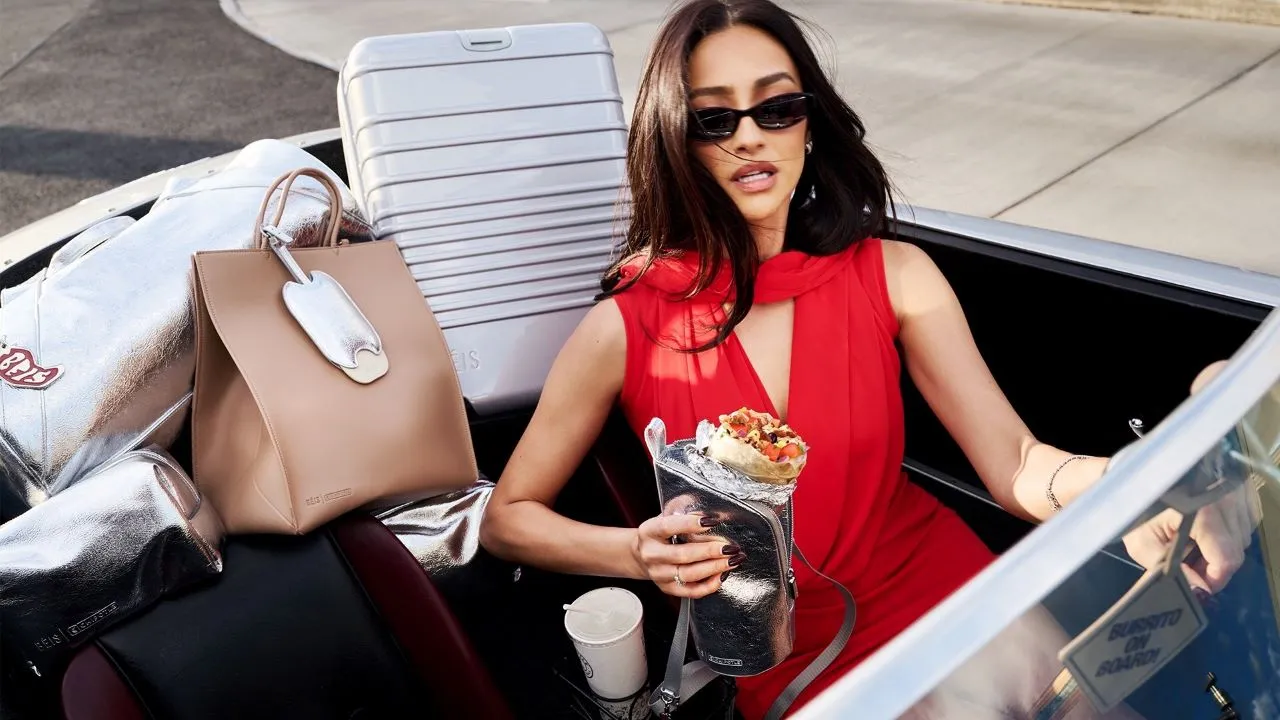Over the past decade, celebrity-founded brands have defined consumer culture. From Rihanna’s Fenty Beauty (valued at over $2.8 billion) to Kim Kardashian’s SKIMS (now worth $4 billion after its latest funding round), the playbook was clear: take star power, add product, scale fast. But as the market floods with near-identical beauty, wellness, and tequila launches, the smartest names in entertainment are asking a different question: what comes after product?
The answer: services, not goods. Increasingly, that means creative agencies.
Beyond Endorsement
The shift is subtle but seismic: celebrities no longer want to be the face of someone else’s story, they want to author it. This shift is a reaction to the limitations of traditional endorsements. Signing on to “be the face” of a brand has diminishing returns in an era when consumers expect authenticity, not scripted ad reads. The most valuable celebrity capital today isn’t a face on a billboard; it’s the ability to craft an aesthetic, an idea, or a cultural moment that feels original.
In Hollywood, we’ve seen a swell of actors launching production houses — Maude Apatow and Olivia Rosenbloom’s Jewelbox Pictures, Tom Holland’s Billy17, Stormzy’s Merky Films. The logic is clear: creative control and ownership. But this instinct is spilling beyond film into fashion, sport, music and beyond.

If the production company was the first step, the creative agency is the natural progression. Years spent curating tours, album visuals, ad campaigns, or collaborations have given many stars a toolkit of creative expertise. Now, instead of keeping those skills in-house, they’re being packaged as services.
Kendrick Lamar’s Project 3, an offshoot of pgLang, is a prime example. The agency spans content, brand strategy, and production — the same disciplines he and his team mastered while shaping his own career. The value proposition is obvious: who better to advise brands on cultural resonance than someone who’s defined it?

In July 2025, they formalised the vision with Project 3, a global creative agency offering brand strategy, production, and content development. This wasn’t a speculative move: pgLang co-produced Lamar’s 2022 Super Bowl halftime show (watched by over 120 million people) and has delivered campaigns for brands like Calvin Klein. At Cannes Lions 2023, pgLang projects picked up awards in film and branded entertainment.
Project 3’s launch reflects a broader commercial shift: brands are funnelling more budget into culture-led storytelling. According to PwC’s Global Entertainment & Media Outlook, branded entertainment is forecast to hit $190 billion by 2026, outpacing traditional ad spend. Agencies with cultural credibility are best positioned to capture that growth — and few can claim credibility like Lamar.

Athletes too are no longer content with endorsement deals. LeBron James co-founded SpringHill Company, which spans content, advertising, and branded partnerships, now valued at $725 million after a 2021 investment round. Serena Williams has her own venture fund and production arm. In Europe, footballers like Héctor Bellerín have moved into sustainability-driven creative collaborations.

Enter Formula 1’s Charles Leclerc. His launch of SIDEQUEST, co-founded with Antoine Truchet and Nicolas Jayr, reflects this athlete-as-creative shift. With hubs in Monaco and Amsterdam, SIDEQUEST promises to merge sport and storytelling, producing athlete-led campaigns, fashion projects, and original content.
For F1 — a sport now valued at $17.1 billion and enjoying record global viewership thanks to Netflix’s Drive to Survive — timing is everything. Athletes are central to fan engagement; letting them shape narratives behind the camera is the next logical step.
The Macro Drivers
- Audience fatigue with product brands – Too many copycat launches mean differentiation is harder. A celebrity skincare line in 2025 is less headline-worthy than in 2015.
- Authenticity economy – Edelman’s 2024 Trust Barometer found that 63% of Gen Z say authenticity is the number one factor in deciding whether to buy from a brand. Campaigns authored by talent themselves score higher in this metric than outsourced endorsements.
- AI and the content flood – With AI-generated creative flooding feeds, human-led vision is a premium. When a celebrity agency leads a campaign, consumers feel a tangible human signature, not algorithmic blandness.
- Equity Over Fees – Instead of a one-off endorsement check, agency ownership lets talent build scalable businesses that capture long-term value.
The bottom line: the old model of celebrity capitalism was about borrowing fame to sell. The new model is about scaling taste. Creative agencies allow celebrities to codify their aesthetic instincts into services that can be sold, repeated, and monetised across industries.
As Antoine Truchet and Nicolas Jayr told us of SIDEQUEST: “It’s not about a celebrity slapping their name on a project. It’s about building ecosystems where talent, culture, and brands converge authentically. The shift is from endorsement to authorship.”
Or, to put it more bluntly: in 2025, the most interesting celebrity businesses aren’t selling lip gloss. They’re selling ideas.






.svg)


.svg)
.svg)






